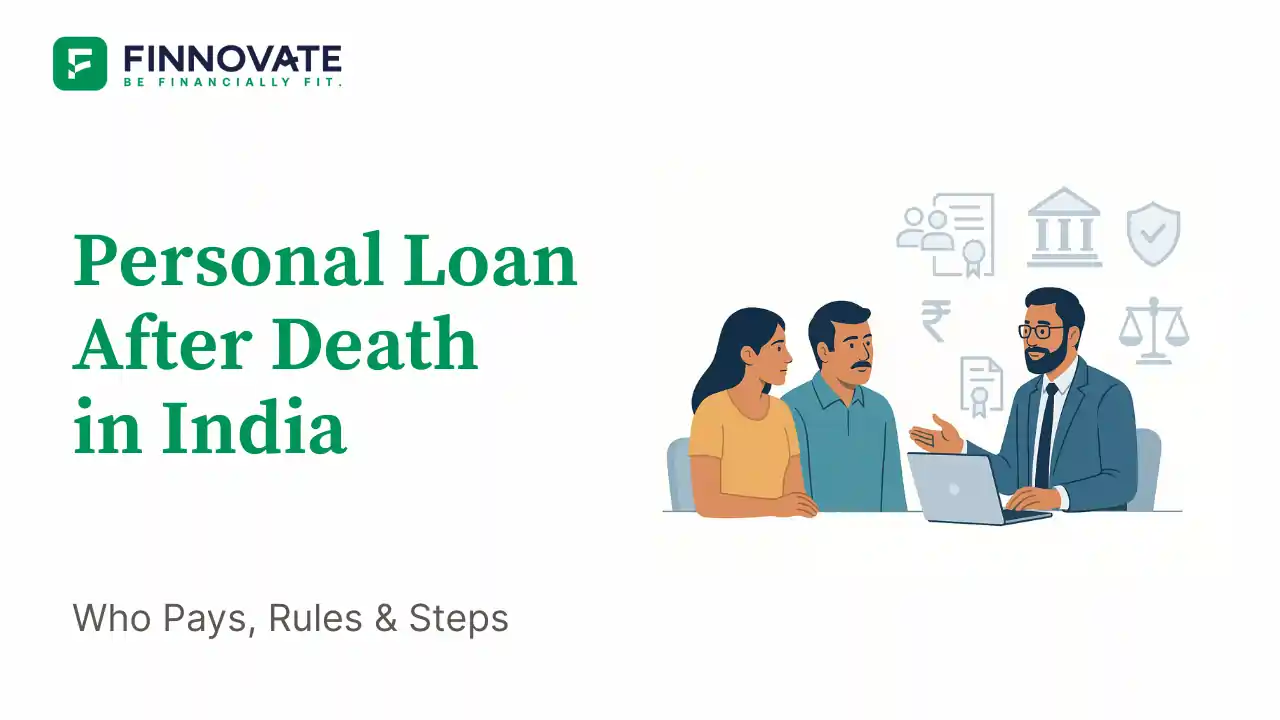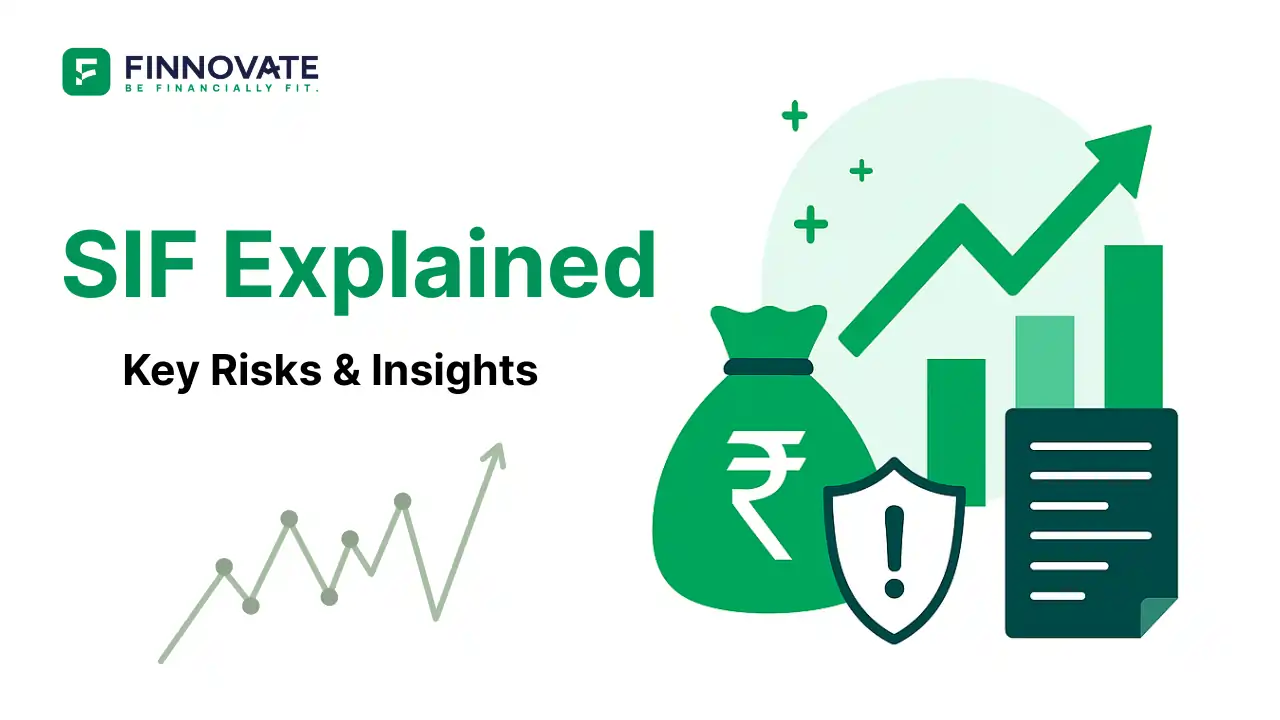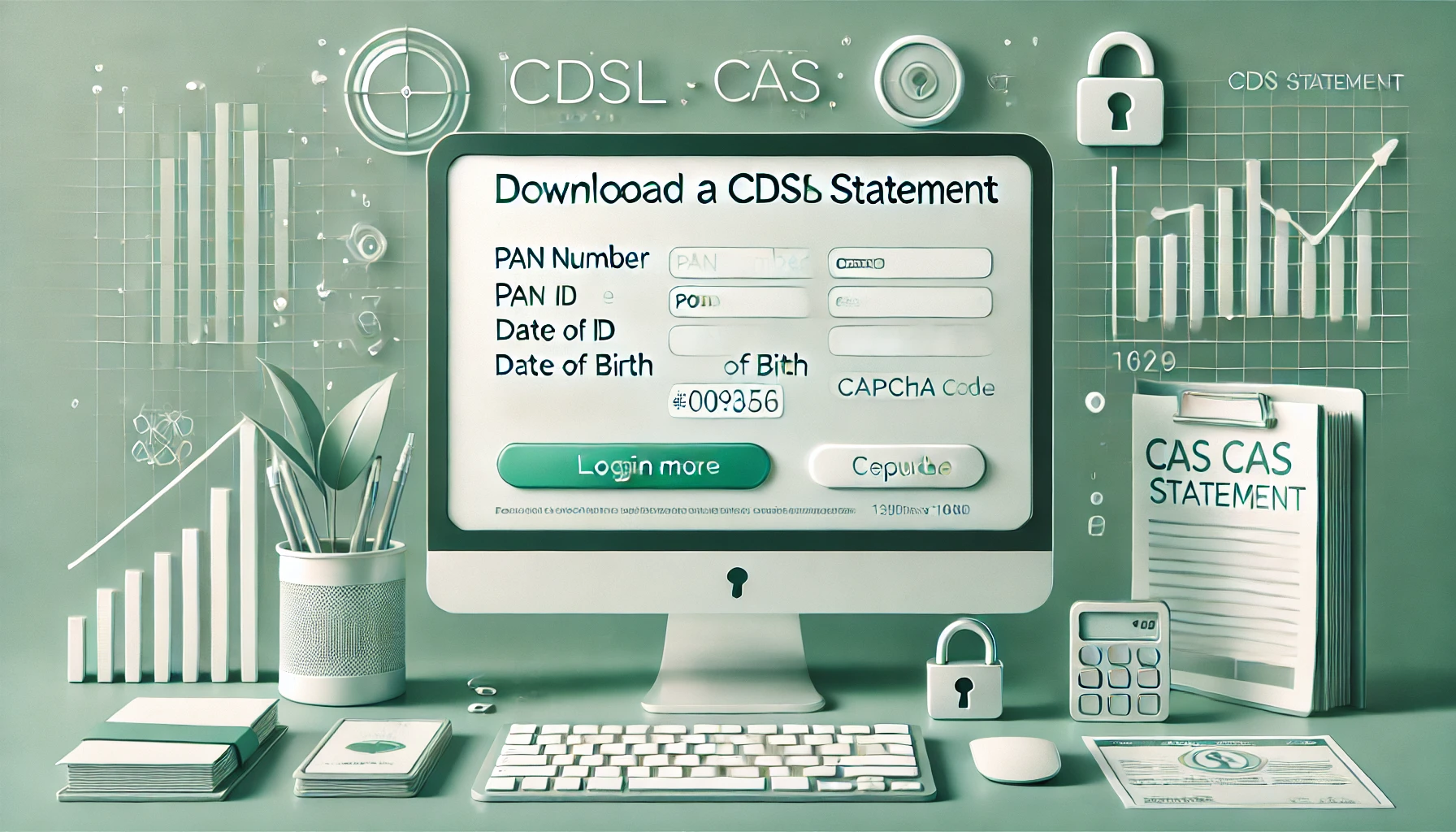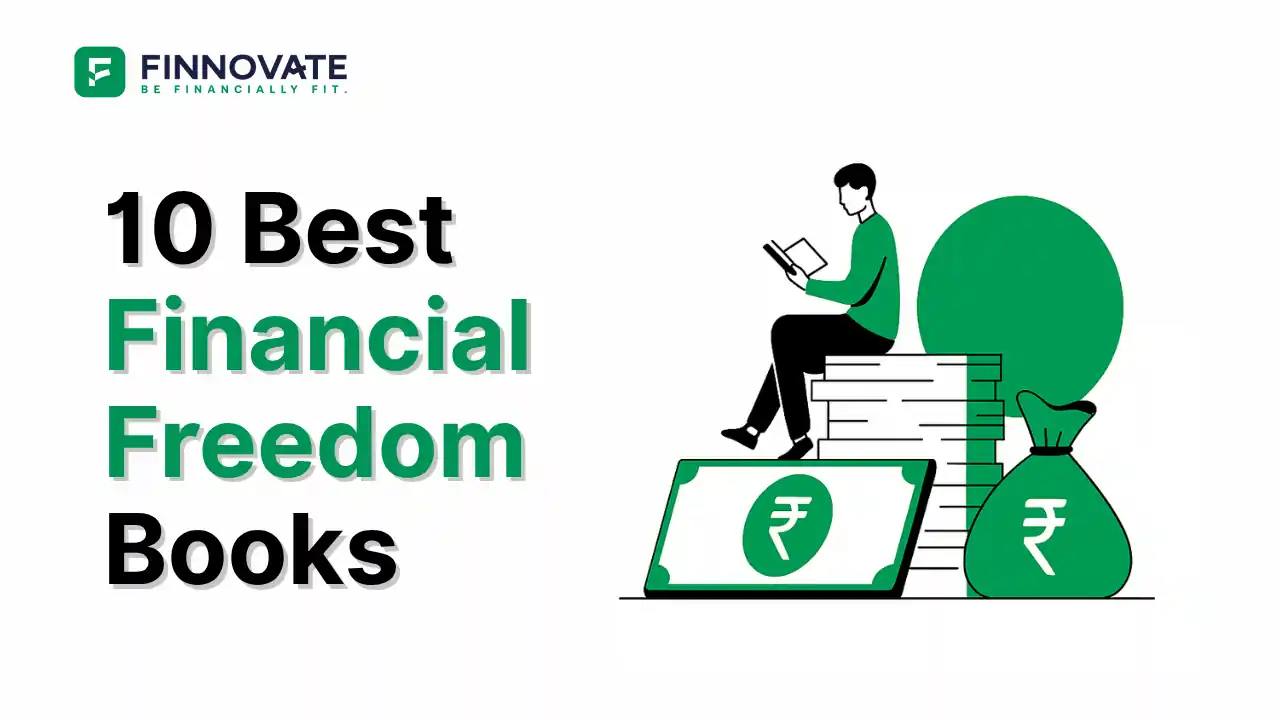
Personal Loan After Death in India: Who Pays, Rules & Steps
Who pays a personal loan after death in India? Understand heirs vs estate, co-borrower vs ...
Debt has long
been a taboo for most Indian, although attitudes are changing rapidly. Now,
there is a more structured thought process on debt; which classifies debt into
good debt and bad debt. Bad debt is, apparently, responsible for people getting
into debt stress and debt traps. That is because bad debt tends to be high-cost
and does not create anything productive; tangible or intangible. Bad debt is
the high-cost debt you use to fund your lifestyle spending.
HOW TO
DIFFERENTIATE GOOD DEBT FROM BAD DEBT
The dividing
line between good debt and bad debt is quite thin. However, there are some
simple rules that can be used. For instance, any debt that helps create
tangible assets for the future or helps to create intangible skills for the
future or helps to reduce your debt burden is good debt. On the other hand,
debt that increases your debt to income ratio, or adds to your high cost debt
or is used for buying creature comforts and conspicuous consumption needs; will
classify as bad debt.
If you look
at it the other way, good debt adds to your positive net worth in the medium to
long run. For example, a mortgage loan to buy a property can improve your
financial net worth because it reduces your rent expenses and also creates an
appreciating asset like a home in your personal balance sheet. These advantages
can legitimately add to your net wealth in the long run.
Another
example is borrowing a loan against your gold holdings and using the low cost
funds to repay your high cost debt. The gold is still yours as long as you are paying interest on
time, and it is an appreciating asset. On the other hand, reducing your high
cost loan adds to your net worth by cutting debt to income ratio. The two
questions you need to ask yourself to identify good debt is; Will the debt help
create assets to enhance net worth, and Will the debt help me reduce the ratio
of debt servicing to income. If the answer to either is “YES”, you are looking
at good debt.
WHAT ARE SOME
EXAMPLES OF GOOD DEBT?
Even at the
risk of sounding hackneyed, we must underline that good debt must meet at least
one of the two conditions. It must either help to create assets that will
enhance your net worth in the medium to long run; or reduce your debt service
to income ratio. Here are some illustrations.
·
Mortgage
loans to own a house is an example of good debt. There are several benefits. In
India, property has been an appreciating asset over the medium to long run. In
addition, the cost of funding is quite low and it reduces further if we
consider tax benefits of a home loan under Section 24 of Income Tax Act.
·
Business loan
taken to expand your growing business is another example of good debt. Here,
you are betting that the business would eventually grow and generate more
revenues. Also, the interest on the debt can give you tax shield, so it is all
the more productive.
·
What about an
education loan to create intangible assets; like an advanced degree in AI or
ML. Obviously, AI and ML are likely to change the face of business. That means;
it is a boost to your career and income earning capacity in the long run. Also,
education loans are low-cost and have tax shields under Section 80E.
·
Finally,
there are loans that enhance value by reducing your cost to income ratio. If
you are stuck with high cost debt, leverage your assets. Use your gold,
property, shares to get a secured low-cost loan and reduce your high cost debt.
It helps reduce your debt service to income ratio.
That is the crux
of the story. Good debt either creates valuable asset, builds a valuable skill,
or reduces the loan service to income ratio for you.
IS EVERYTHING
ELSE BAD DEBT?
Taking on
debt you cannot afford is bad debt. Similarly, taking on debt to buy consumer
goods you do not really need is also bad debt. If your lifestyle and debt
management is pushing you deeper into a debt morass, that is bad debt too. Here
is how bad debt looks like.
·
Taking a loan
to buy a utility car to save on time and travel costs is an acceptable debt.
However, emptying your purse to buy a fancy luxury car is outrageous. That is
bad debt.
·
You surely,
need to spend on consumer goods. It is not just about peer pressure, but also
about what the family needs. But taking a high cost consumer loan to buy an
80-inch UHD TV to watch IPL is nothing short of inane.
·
Finally,
flashing your credit card like your debit card is also bad debt, especially
considering it costs over 40% per annum and if you are going to keep rolling
the debt by paying just 5%.
The distinction between good debt and bad debt is
about the level of prudence. Debt is not anathema; it is when you treat debt
casually that bad debt problem starts.
Popular now

Learn how to easily download your NSDL CAS Statement in PDF format with our step-by-step g...

Explore what Specialised Investment Funds (SIFs) are, their benefits, taxation, minimum in...

Learn How to Download Your CDSL CAS Statement with our step-by-step guide. Easy instructio...

Looking for the best financial freedom books? Here’s a handpicked 2026 reading list with...